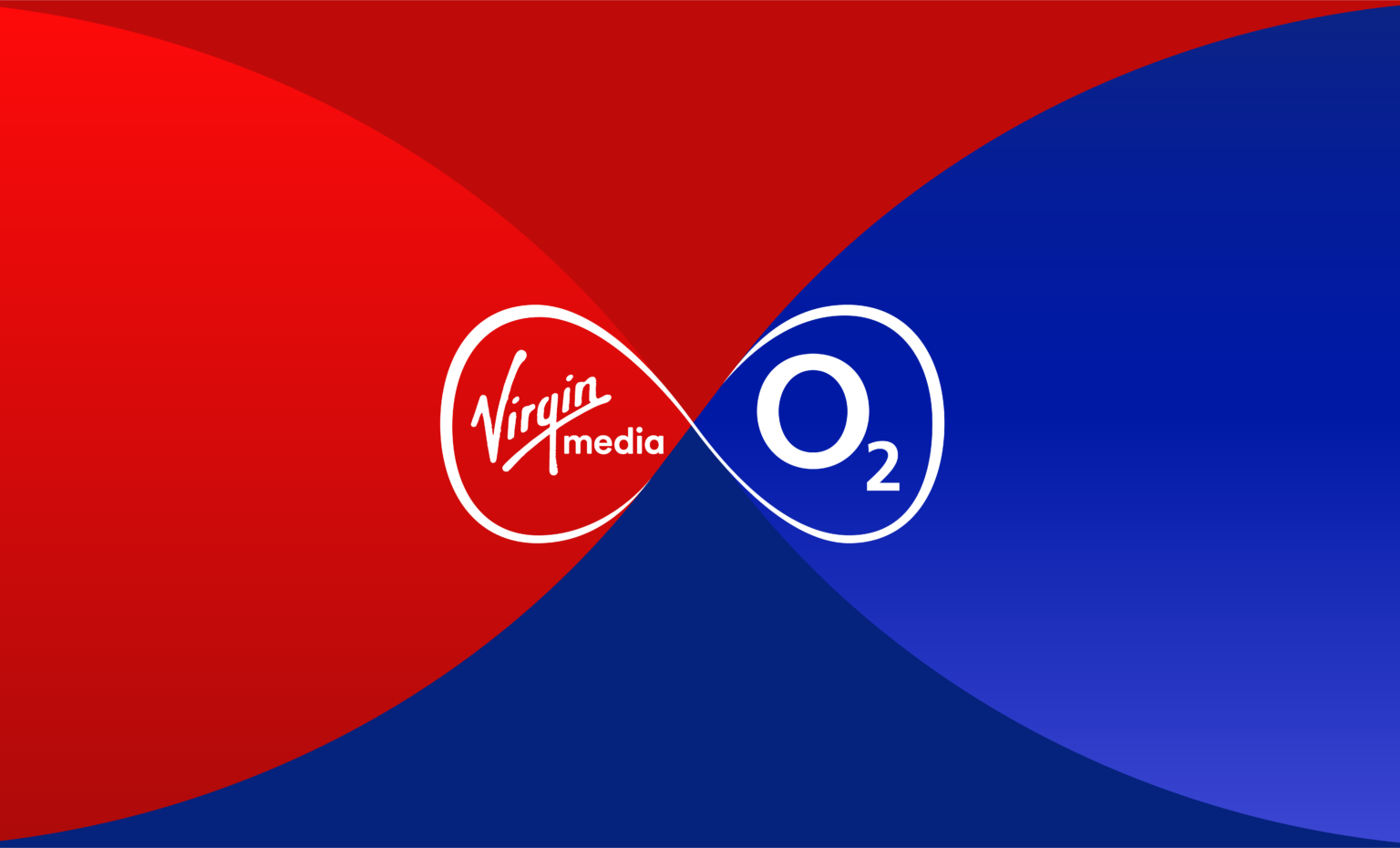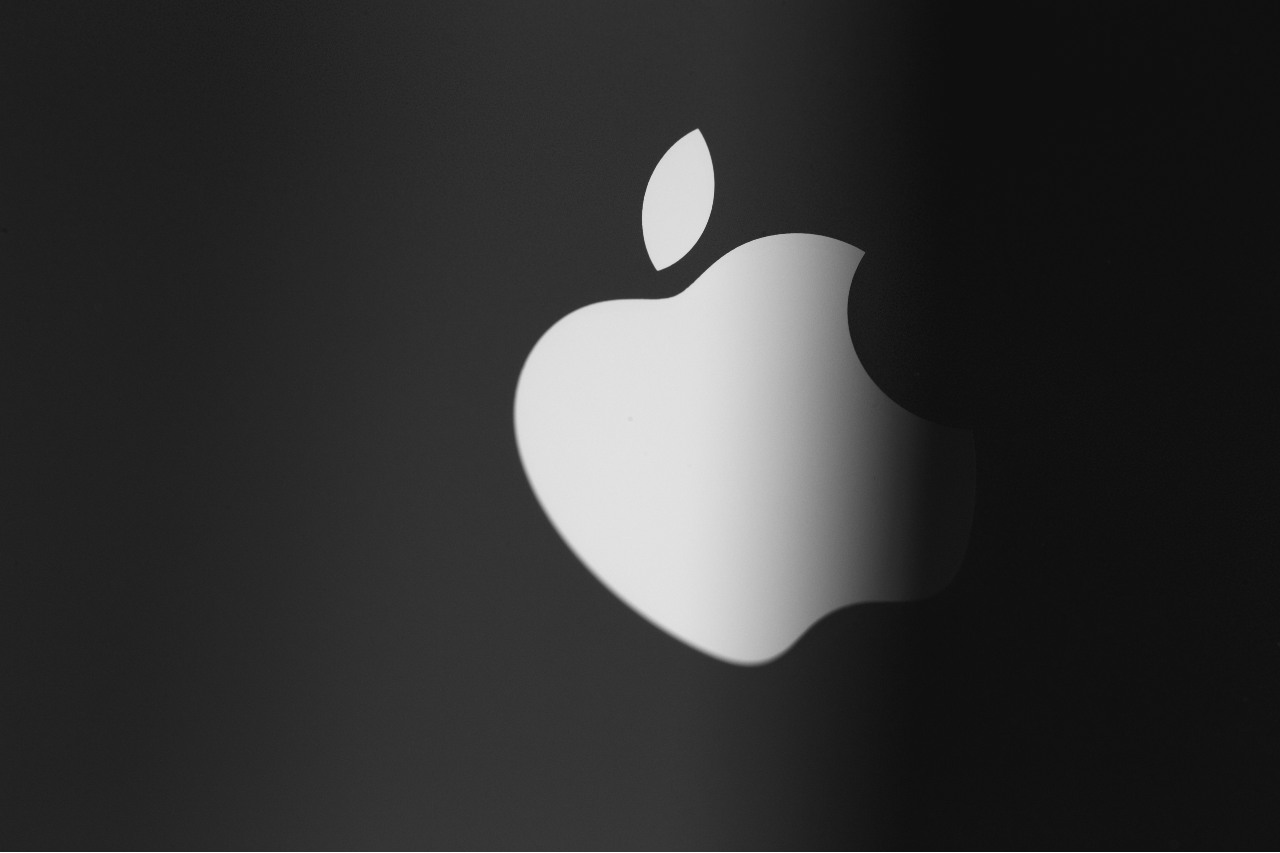The members of 6G Finland will now start creating a 6G R&D roadmap on the most important common priorities
Several Finnish research institutes and companies currently doing 6G research and development have founded a national coalition, dubbed 6G Finland, with the aim of boosting Finland’s competitiveness in the as-yet-unstandardized 6G field.
The goals of the new initiative are to build new international partnerships, intensify national 6G cooperation by more prioritized and coordinated joint actions, and increase the impact of Finnish 6G expertise globally.
The founding members of 6G Finland are Aalto University, University of Helsinki, Lappeenranta-Lahti University of Technology, University of Oulu, University of Tampere, Oulu University of Applied Sciences, Nokia Bell Labs, VTT Technical Research Center of Finland, Finnish Defense Research Agency and BusinessOulu.
The members of 6G Finland will now start creating a 6G research and development roadmap on the most important common priorities. 6G Finland also aims to operate as a national contact point for Finnish 6G know-how and will actively participate in 6G discussions nationally and internationally.
“6G development and discussion is currently accelerating globally. For Finland, this is an excellent moment to strengthen 6G cooperation nationally, and to be even stronger player as a Finnish team in 6G development globally, ”said Mikko Uusitalo, industry chairperson of 6G Finland and head of the research department at Nokia Bell Labs Finland. .
Finland was one of the first countries to start research on future 6G technologies. The 6G Flagship initiative was launched in 2018. Currently, Finland also leads the European 6G flagship initiative Hexa-X funded by European Union.
In related news, Finland and Japan announced they will strengthen cooperation in ICT fields including 6G.
“Concrete actions are needed to speed up collaboration in 6G systems research. One possibility would be to join some of the efforts related to testing and validating alternative 6G technology components ”, said Professor Akihiro Nakao, from the Engineering School of the University of Tokyo.
Professor Matti Latva-aho, director of 6G Flagship, pointed out that the Finnish government has already set up a national 6G test network as one of the priority areas in the so-called Rapid Recovery Funds (RRF) program.
“Finland has also launched a national initiative called 6G Finland to bring together all relevant stakeholders in 6G RDI efforts. Japan and Finland may have strong influence on 6G development, but some grounds for funding collaboration are needed. A national research program is under planning by Business Finland to possibly support these goals, ”Latva-aho said.
5G Advanced is expected to develop 5G to its fullest capabilities and is an important stepping stone for some of the use case capabilities that the industry wants to enable at a larger scale in the 6G era, Uusitalo, previously told RCR Wireless News.
According to Uusitalo, 6G systems are expected to be commercially launched by 2030, while the first phase of standardization will likely start from 2025, leading to the first 6G specification in 3GPP Release 21 by 2028 followed by commercial deployments around 2030. “Meanwhile, 5G will be enhanced by 5G-Advanced, which will be a key focus for 3GPP in Release 18 & 19 onwards and will power commercial public and private networks starting in 2025 onwards, well before 6G arrives at the end of the decade, ”Uusitalo said.
Commenting on the potential features of future 6G networks, he noted that in the 6G era, the digital, physical and human world will seamlessly fuse to trigger extrasensory experiences. Uusitalo highlighted that Intelligent knowledge systems will be combined with robust computation capabilities to make humans endlessly more efficient.













